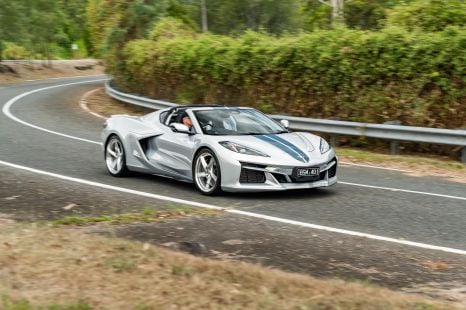

CarExpert.com.au
The CarExpert team's favourite cars of 2025
2 Hours Ago

Contributor
Alpine’s ‘revolution’ includes seven new models, a bespoke electric vehicle (EV) platform for sports cars, and a target of €8 billion (A$13 billion) in revenue by the end of the decade.
The French brand says its ’new growth phase’ will be supported by its upcoming electric models which are expected to help the brand break even on operating margins and generate €2 billion (A$3.26 billion) in revenue by 2026.
It also has its sights set on global expansion, expecting to enter new markets such as the U.S. and China with region-specific lineups.

Alpine hasn’t shied away from setting ambitious financial goals for its growth strategy, aiming for an operating margin of over 10 per cent and an annual revenue growth rate of 40 per cent in the 2022-2030 period.
However, €1 billion (AU$1.6 billion) of the brand’s target revenue is dependent on its successful launch in the Chinese market.
Alpine’s lineup, which will be entirely electric by 2026, is scheduled to achieve net-zero carbon production by 2030.
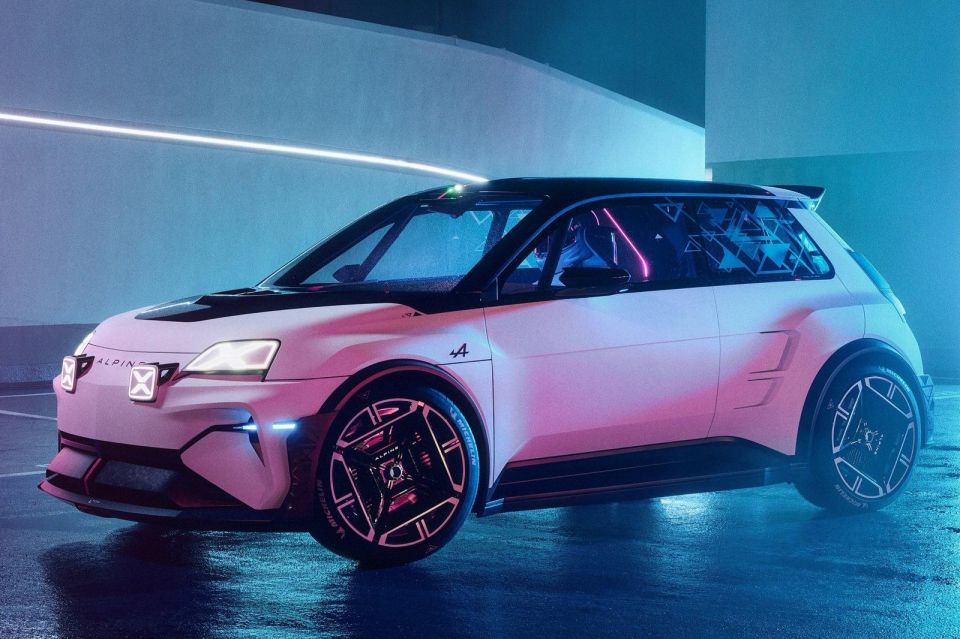
Seven new all-electric models will join the lineup by 2030, including the electric successor to the current A110.
Starting in 2024, Alpine will launch the small A290 hatchback based on the Renault 4 and 5’s CMF-BEV platform, followed by what the company is calling the C-segment (i.e. mid-sized) Crossover GT.
D-Crossover and E-Crossover SUV models are also due in 2027 and 2028.
Alpine CEO Laurent Rossi previously said that these models, intended for the U.S., will sit “in the segment of Porsche Macan and Cayenne, more or less” with coupe SUV styling.
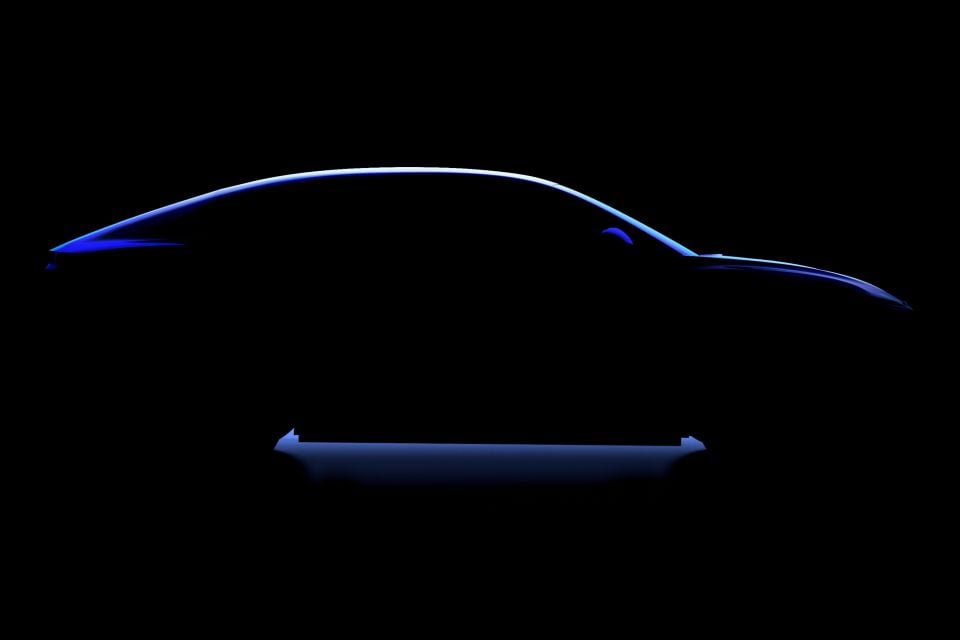
Other upcoming models include an A110-based roadster and a four-seat A310 coupe.
Alpine has confirmed it will develop its own electric vehicle (EV) platform, the APP (Alpine Performance Platform), after announcing that it will no longer pursue joint development with Lotus.
The A110 E-ternité ‘rolling laboratory’ unveiled last year apparently demonstrated that it will be not only possible but cost-beneficial for Alpine to develop its own platform.
The bespoke and scalable architecture will underpin the electric A110 coupe and its roadster spin-off, as well as the A310.
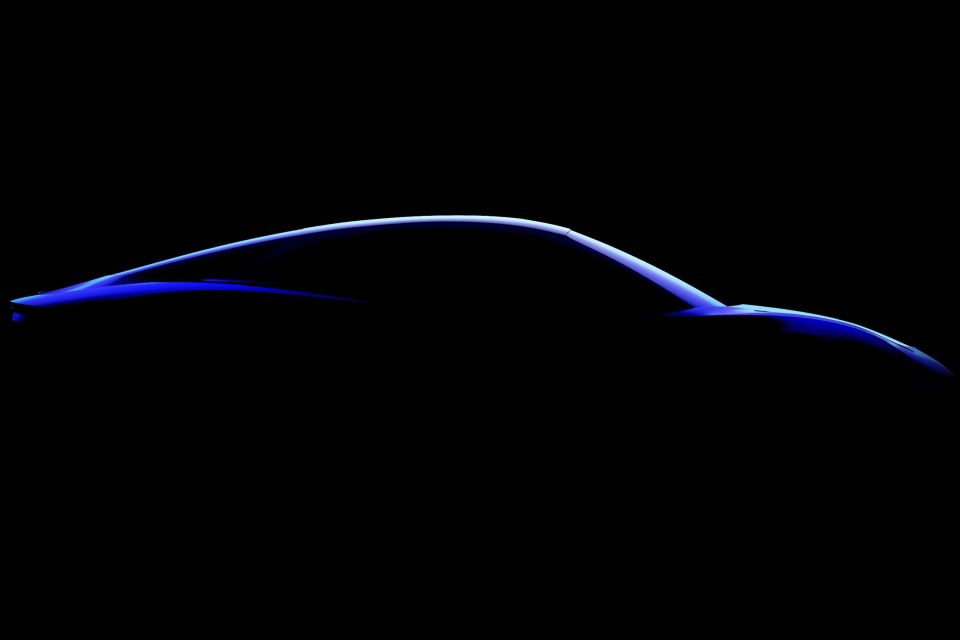
A hydrogen internal combustion engine is also in the works, previewed last year by the Alpenglow concept vehicle.
Currently, the lone model in the Alpine line-up is the turbocharged four-cylinder A110 sports car.
Alpine says that the current seven-month waitlist for the model will take the model to over 4200 unit sales in 2023.
The brand’s revenues increased by 33 per cent in 2022.
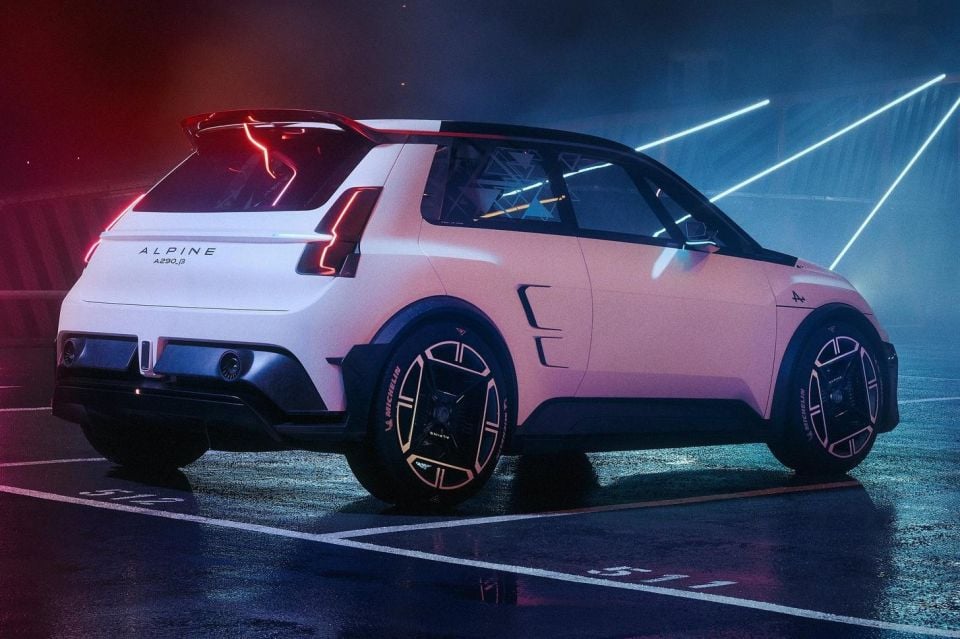
“Our goal is to expand from a niche segment brand to a fully-fledged global brand,” said Mr Rossi, adding the upcoming range expansion will be instrumental in “turbocharging international growth, particularly in the USA and Asia.”
Also announced was a €200 million (A$326,824) cash injection from an investor group formed by Otro Capital, RedBird Capital Partners and Maximum Effort Investments.
The group has previously invested in properties such as the NFL’s Dallas Cowboys and Ryan Reynolds’ English football team Wrexham AFC.
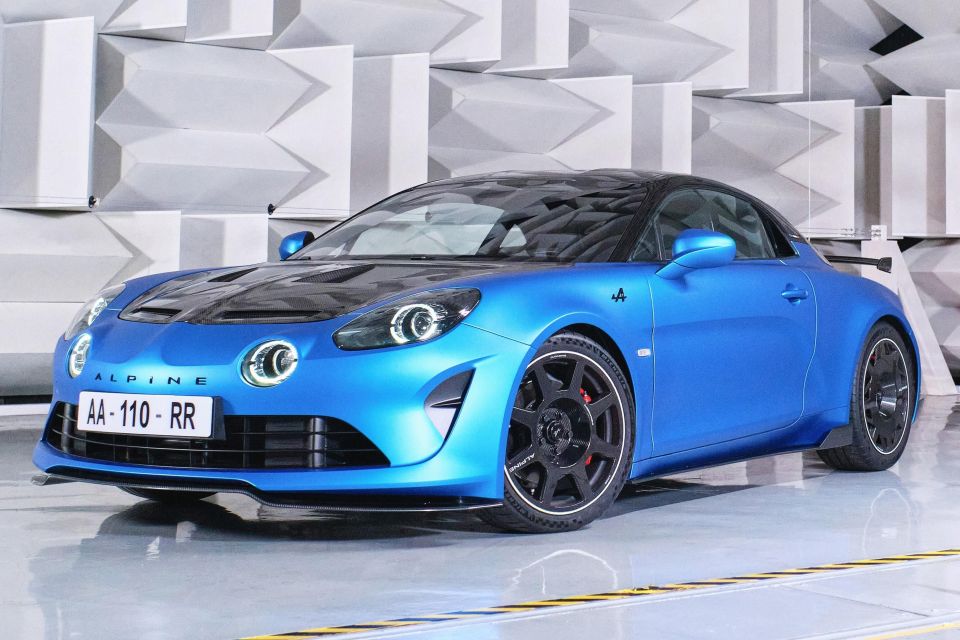
“The incremental revenue generated will in turn be reinvested in the (Alpine Formula 1) team, in order to further accelerate our Mountain Climber plan, aimed at catching up with top teams in terms of state-of-the-art facilities and equipment,” said Mr Rossi.
“Only two years ago, Alpine was in a dead-end, lacking clear perspectives. Since then, we have turned it into a fully-fledged car manufacturer, bringing together outstanding assets: a top-class engineering centre, unique manufacturing know-how, expanding distribution network,” said Renault Group CEO Luca de Meo.
Mr de Meo sees the brand’s motorsport arm as an important asset for driving brand revenue, with endeavours such as Pikes Peak, Le Mans, and Formula 1 all receiving significant funding.
Where expert car reviews meet expert car buying – CarExpert gives you trusted advice, personalised service and real savings on your next new car.


CarExpert.com.au
2 Hours Ago
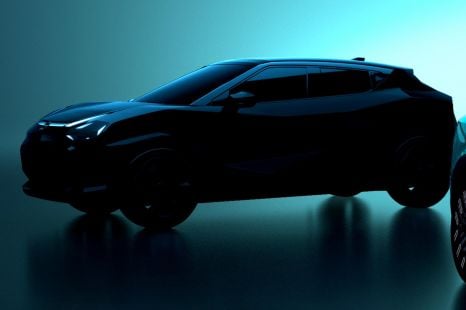

Damion Smy
16 Hours Ago
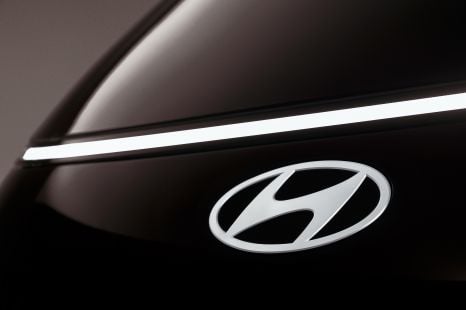

Damion Smy
19 Hours Ago
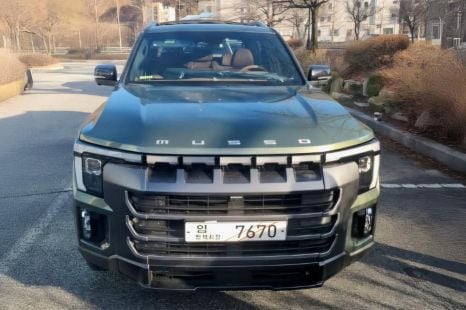

Damion Smy
23 Hours Ago
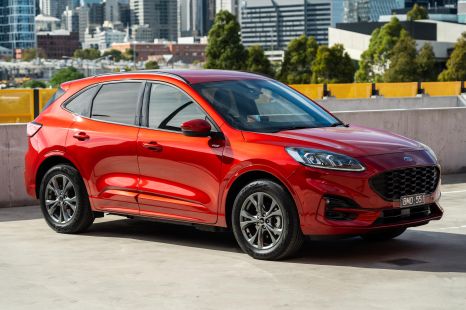

Damion Smy
1 Day Ago
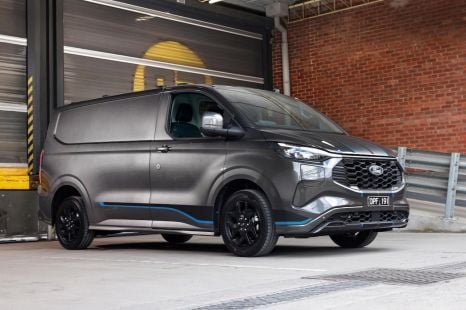

Damion Smy
1 Day Ago